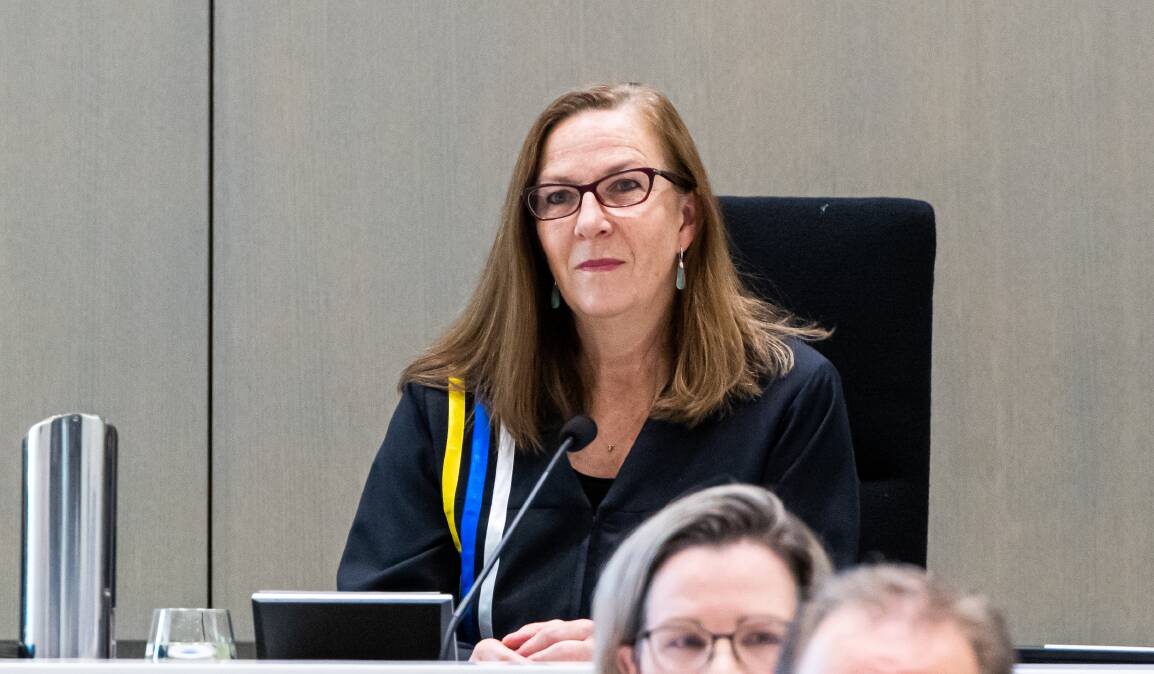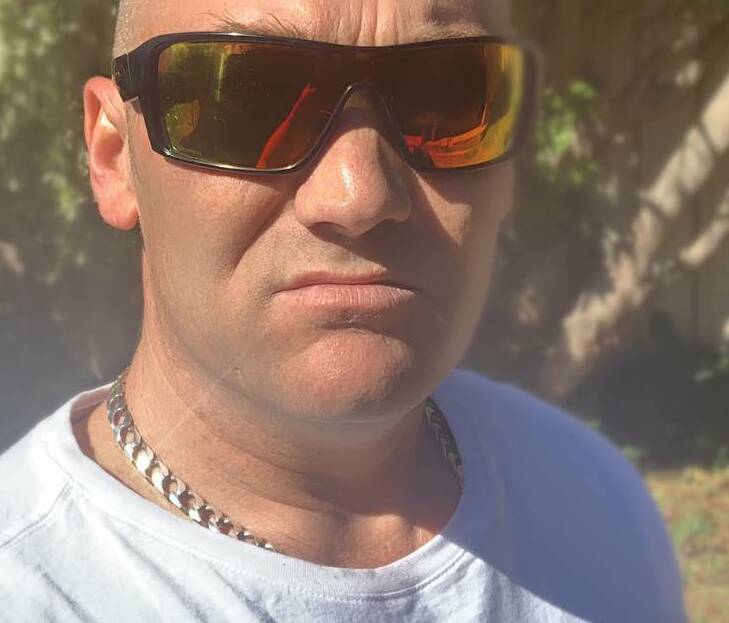
The territory's top judge has identified a potential "pilot" case as she looks to extend circle sentencing for Indigenous offenders to the ACT Supreme Court.
Circle sentencing, in which Indigenous elders sit alongside a judicial officer and participate in the criminal justice process, has been available to Aboriginal and Torres Strait Islander defendants in the ACT since 2004.
It was lauded in 2020 by an independent cost-benefit analysis, which found the culturally sensitive program improved the health of offenders, helped them maintain employment, and reduced violence against women.
But the Galambany Court that provides circle sentencing only operates as part of the ACT Magistrates Court, meaning people charged with offences too serious to be finalised in that jurisdiction do not have the option.
Chief Justice Lucy McCallum recently told reporters she was looking at "some kind of sentencing model for Indigenous offenders" in the Supreme Court, which would be consulting with various key stakeholders.

She said she had been observing the Galambany Court and the Walama Court, which aims to address the high rates of Indigenous incarceration in NSW, holding "extensive meetings" with the latter's judges and elders.
The issue was raised again on Friday, when Chief Justice McCallum revealed she now planned to establish a "pilot program" next year, with a view to extending "Galambany-style sentencing" to the Supreme Court.
The judge made the comment in open court during a bail application in the case of Kevin Thomas Clarke, whose matter she suggested might kick off the pilot.
Clarke, who has pleaded guilty to a string of charges laid over a police pursuit that occurred while he was addicted to methamphetamine in May, is currently behind bars awaiting a sentencing date in February 2023.
Defence lawyer Kat Duffy asked Chief Justice McCallum to grant him bail in the meantime so he could attend a drug rehabilitation program, which would help the 43-year-old offender "test his mettle" in the community.
Ms Duffy said the recent birth of Clarke's first grandchild was one factor motivating him, for the first time in his life, to address the "pernicious" cause of his criminality and look to connect with his Indigenous culture.
"He's realised that he's staring down the barrel of being in and out of custody unless this [drug addiction] problem is fixed," Ms Duffy told the court.
Prosecutor Katrina Marson opposed bail, arguing Clarke was likely to reoffend and endanger the safety of others.
Ms Marson said Clarke's latest crimes represented "an escalation", and noted he had been deemed unsuitable for drug and alcohol sentencing by an assessor who found his answers to questions "superficial".
Chief Justice McCallum was ultimately unwilling to grant Clarke bail without "a structured release" into the rehabilitation program, but she said she would await more information and revisit the issue on January 6.







